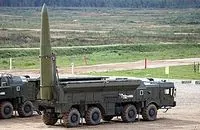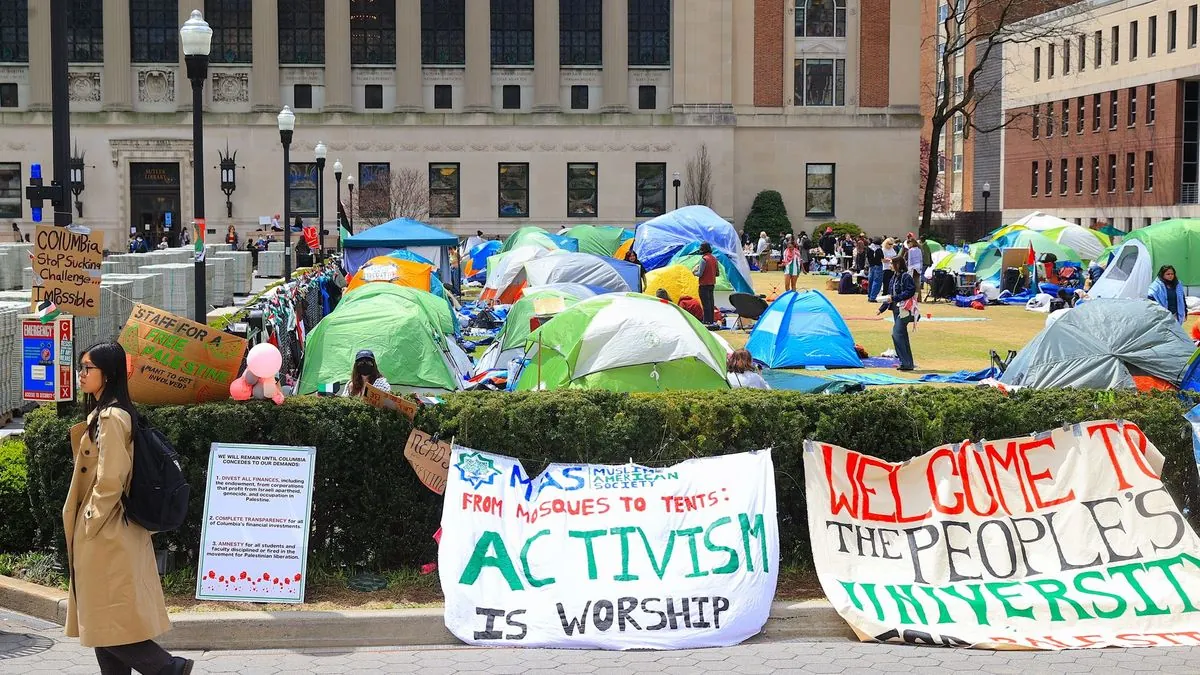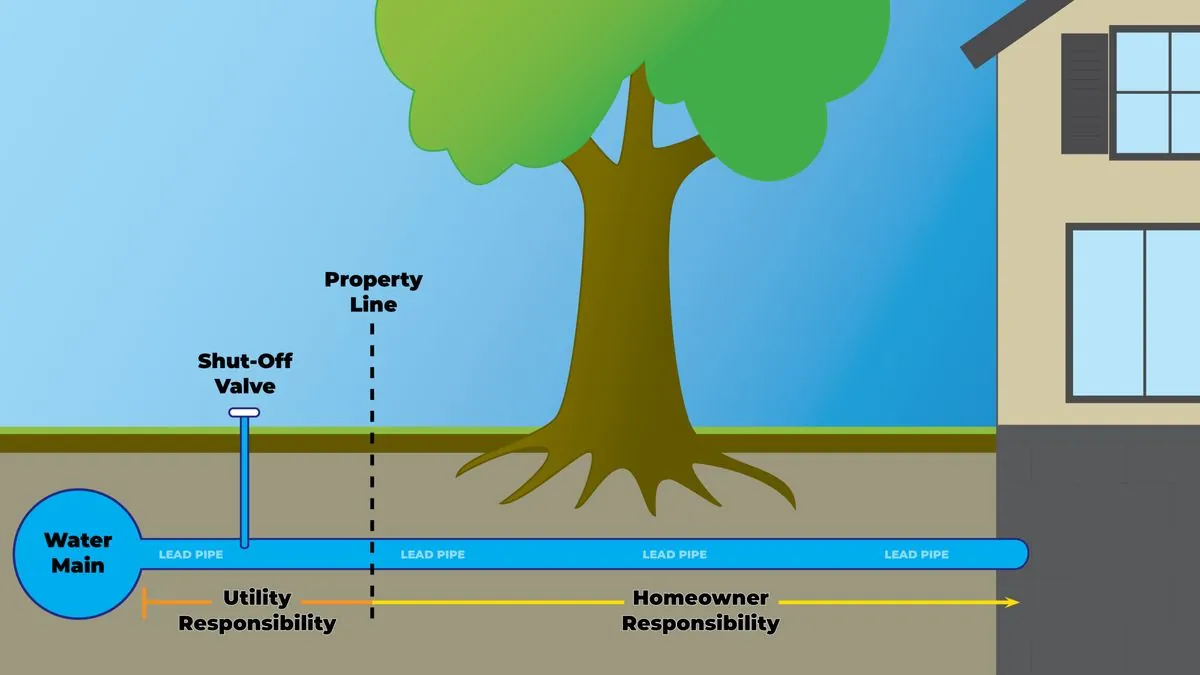Lebanon Grapples with Massive Displacement Crisis Amid Border Conflict
Lebanon faces unprecedented displacement as 1.2 million flee conflict. Makeshift shelters emerge in unexpected places, while housing shortages and price hikes complicate resettlement efforts.
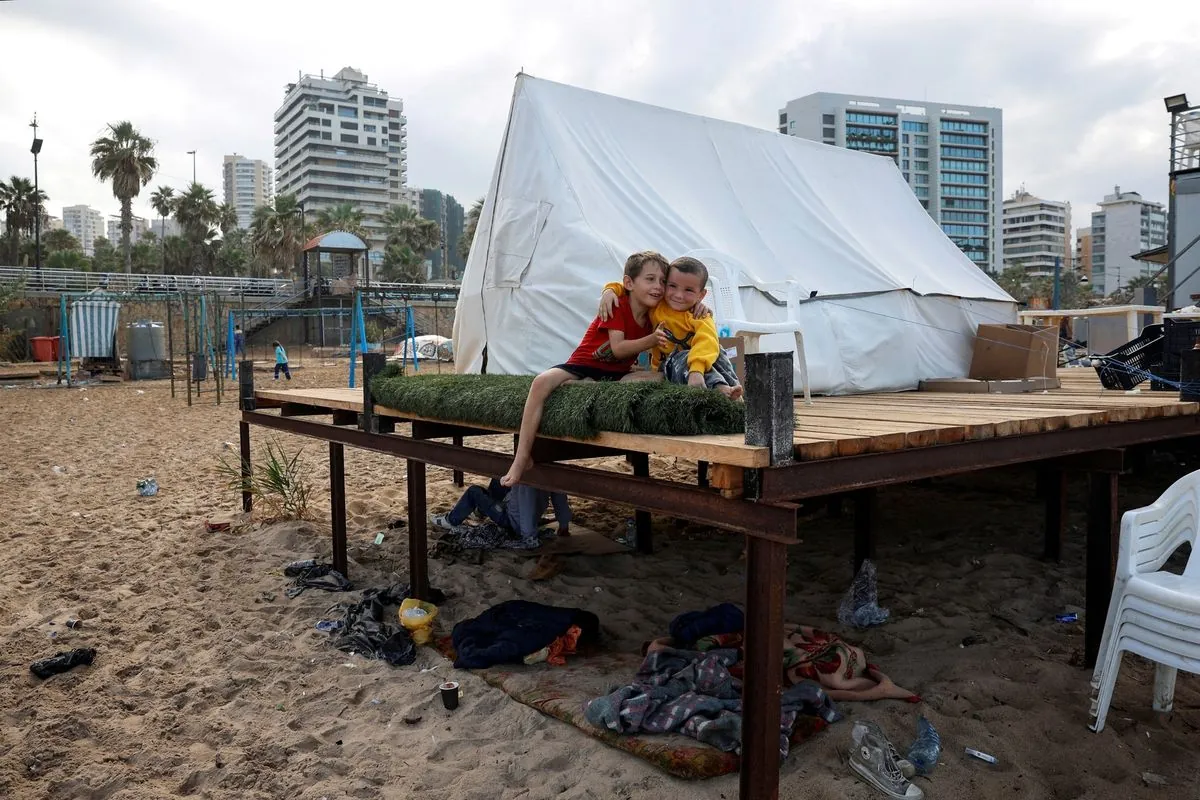
Lebanon is currently facing an unprecedented displacement crisis, with approximately 1.2 million people – roughly 20% of its population – forced to flee their homes due to the escalating conflict between Hezbollah and Israel. This situation has placed immense strain on the country's already fragile infrastructure and resources.
The conflict, which intensified in September 2024, has led to the establishment of 973 government-run shelters across Lebanon, housing nearly 180,000 individuals. However, these facilities are already at capacity, leaving many without proper accommodation.
In response to this crisis, unconventional spaces have been repurposed as shelters. One such example is Skybar, a popular nightclub in Beirut's waterfront district. Gaelle Irani, the club's manager, now oversees the care of 400 displaced persons. The venue's dance floor has been partitioned using tables to create makeshift living spaces for families.
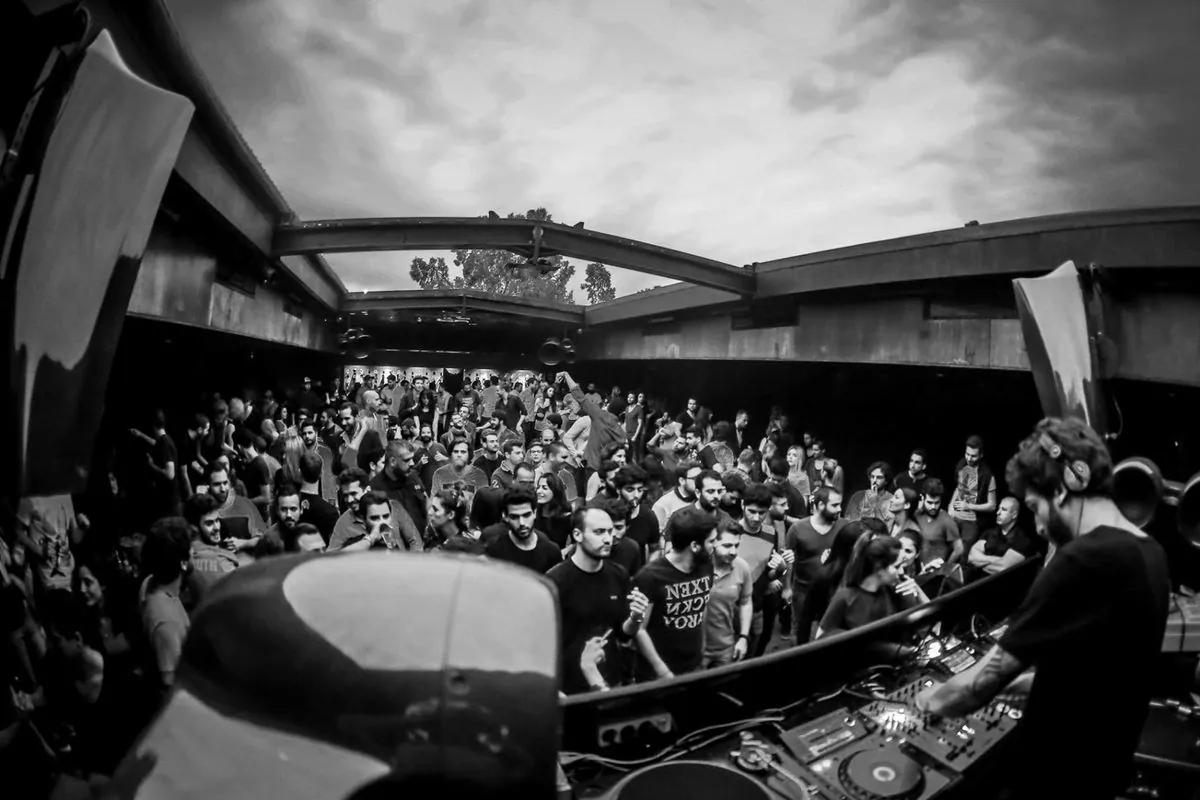
The housing shortage has led to a surge in rental prices, with some landlords demanding up to a year's rent in advance. This has forced many displaced individuals to seek alternative solutions, including squatting in vacant luxury buildings or sleeping in public spaces.
"Our town was hit; there's no one left there."
The crisis has also highlighted the challenges faced by non-Lebanese residents, particularly Syrian refugees. Ahmad Abdullah, a 37-year-old Syrian, recounted being turned away from shelters and resorting to sleeping in parks and parking lots with his family.
Lebanon's history of conflict and instability has unfortunately prepared some citizens for such crises. Najwa Zaydan, a 60-year-old volunteer, has been utilizing her experience from the 2006 war to help find housing for displaced families.
The current situation is exacerbating Lebanon's ongoing economic struggles. Since 2019, the country has been grappling with a severe economic crisis, and the Lebanese pound has experienced significant devaluation. This displacement crisis is further straining the nation's limited resources.
Lebanon's diverse religious makeup, including Sunni and Shia Muslims, Christians, and Druze, adds complexity to the resettlement efforts. The country's unique power-sharing system, based on religious communities, may face additional challenges in addressing the needs of the displaced population.
As the crisis continues, Lebanon's education system, traditionally considered one of the best in the Arab world, has been forced to adapt. The education ministry recently announced a transition to remote learning for schools in affected areas, disrupting the academic year for many students.
The international community's response to this crisis will be crucial in supporting Lebanon's efforts to manage the displacement and eventual resettlement of its affected population. As the situation unfolds, the resilience of the Lebanese people, known for their rich cultural heritage and culinary traditions, will be put to the test once again.


























